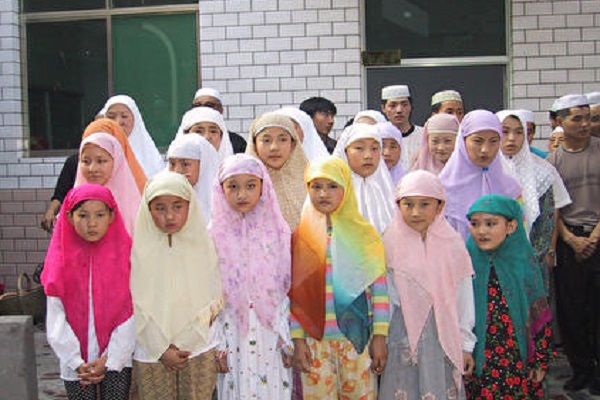
Anti-Halal Crackdown in Xinjiang City, China
- By C Barnett --
- 13 Oct 2018 --

Authorities say it will help in combating terrorism.
Authorities in Xinjiang, a Chinese province located in the northwestern part of the country, have begun a focused campaign against halal products.[/tweetit] This is a component of the bigger initiative of fighting extremism, especially in Urumqi, the capital of Xinjiang. Muslims in the capital and all over the state face a number of religious restrictions.
Anti-Halal Crackdown in Xinjiang City, China[/tweetthis]
Beijing in recent times has initiated a security sweep in Xinjiang against what the Chinese Government terms separatist elements. A report published by the United Nations cited the number of Muslims being held in extra-judicial custody to be around one million. Most of those held belong to the Uighurs or other Muslim minority community. The Muslims are being held in “political re-education camps” under extra-judicial review.
Urumqi's local communist party officials asked Beijing to strengthen its "ideological struggle" and also combat the "pan-halal tendency" or "halalification" of the province. The term "pan-halal tendency" is a controversial one and refers to extending the labeling of halal food to non-food items to attract Muslim buyers. As per government officials, an increasing number of products carrying the label halal enables Islamic rituals to permeate into secular life. The term halal refers to certain rules which guide Muslims on their eating habits as permitted in Islam. Halal is often applied to edibles but can also be extended to other products which come in contact with the mouth, like cosmetics and toothpaste.
The official Chinese media continue to support the government's hostile stand against Muslims. One newspaper said the pan-halal tendency tends to make things halal which is in no sense can be considered to be included under the halal category. Such discrimination between products leads to hostility toward religion. In China, the official stand is the Chinese are in essence free to adopt any religion. Authorities, however, increase their surveillance of people they consider to be a threat to the state. Beijing wants to bring religious worship firmly under control of the state.
International human rights organizations have sharply criticized Beijing. Government policies have seen multiple punitive crackdowns witnessing the detention of millions of people, a majority of them Muslims. They are mostly ethnic Uighurs. The government has denied the allegation of any "political re-educate report relating to testimonies and government from ex-detainees. Muslim minorities are subjected to multiple strict regulations banning burqas and beards. China began its "Strike Hard" campaign targeting separatist activities in Xinjiang in 2014.


















